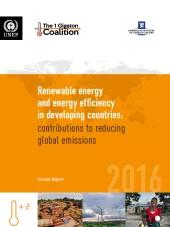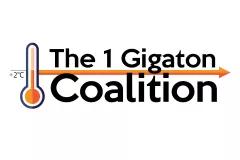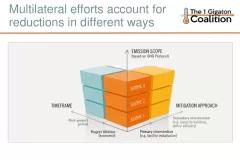A highly efficient use of energy is thus fundamental to limit GHG emissions. Yet, energy efficiency receives much less attention than the decarbonization of the energy supply.
This study indicates that scenarios with higher energy efficiency mostly show lower abatement costs. This was the result of evaluating the large number of existing scenarios that comply with the internationally agreed 2°C target until 2050. The societal costs of decarbonization in these scenarios vary strongly and a detailed assessment of the potential cost reductions due to EE is lacking. In order to close this gap, this study estimates the global cost savings up to 2030 associated with a decarbonization pathway with a strong focus on EE measures. Based on an unpublished update of McKinsey’s bottom-up estimates of the potentials and costs of EE options and alternative decarbonization measures (McKinsey & Company forthcoming), this study compares the costs of an energy-efficient pathway with an energy-intensive pathway that focuses on decarbonizing the energy supply and only uses EE to the extent additionally required to keep emissions in line with the 2°C target.









